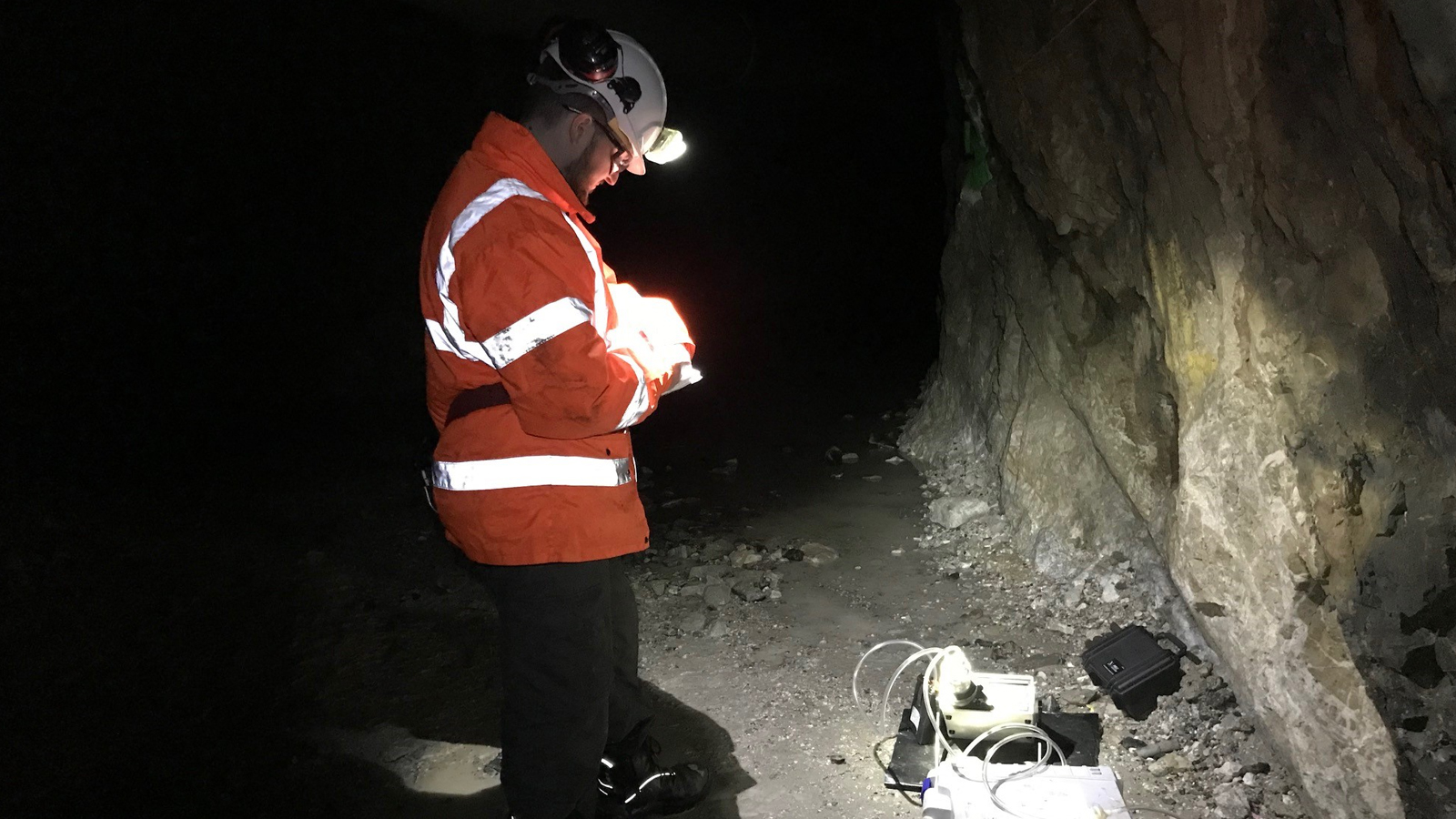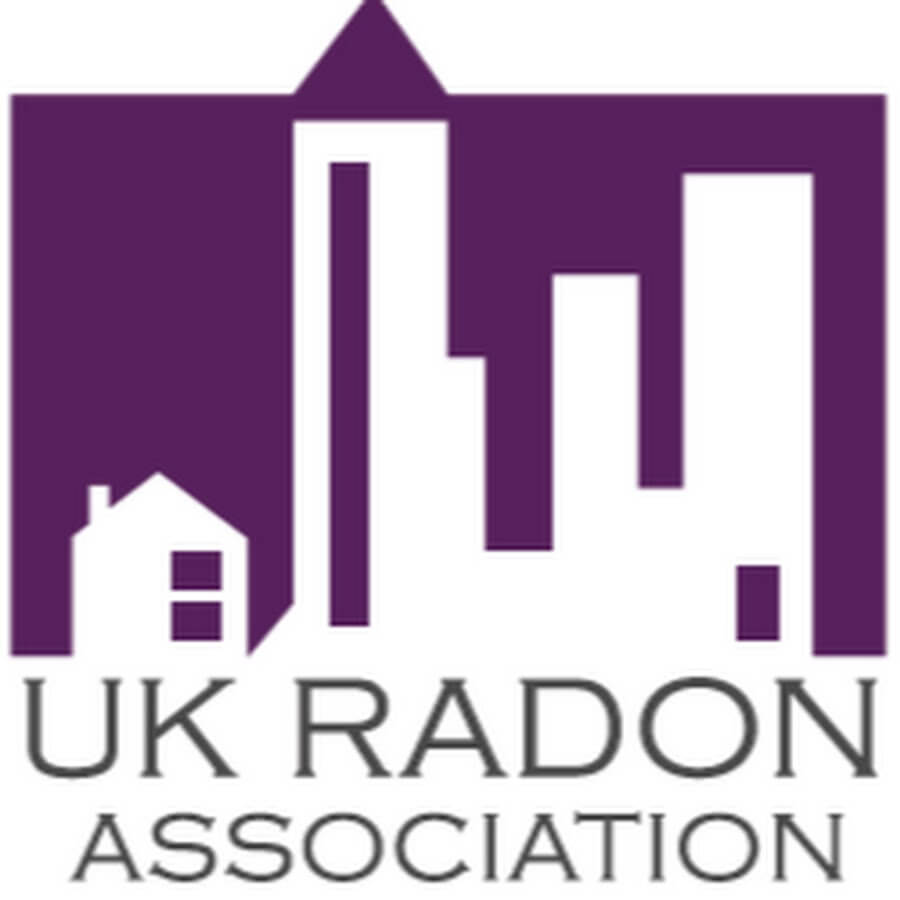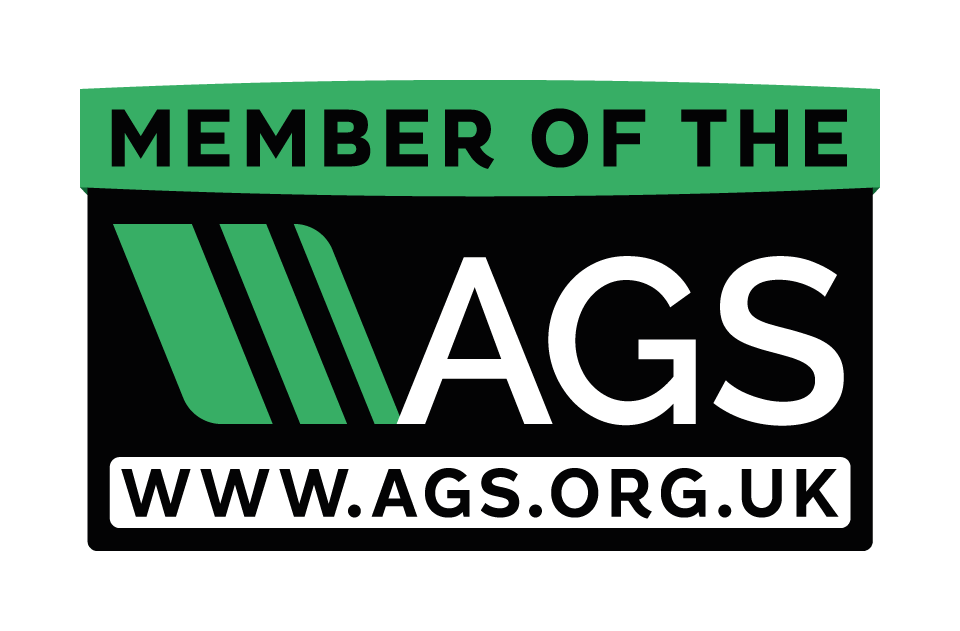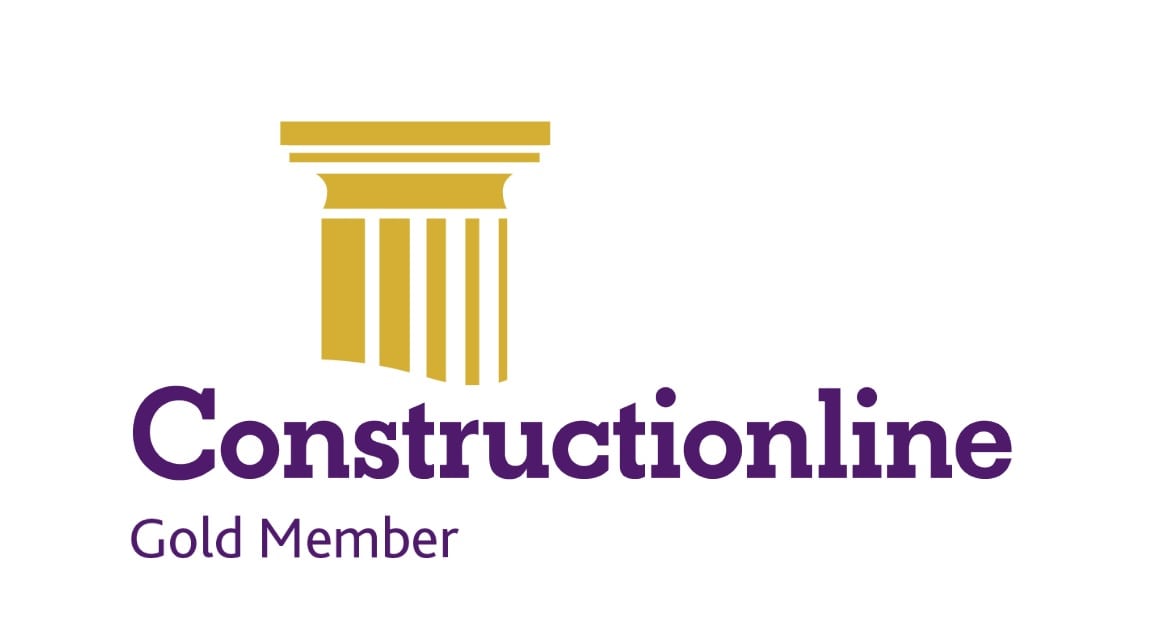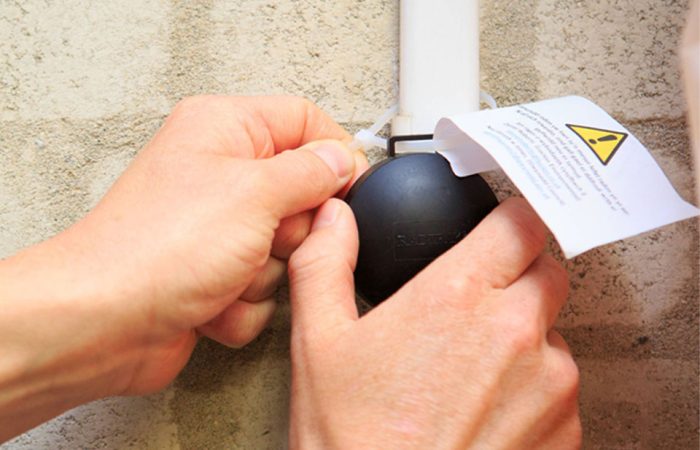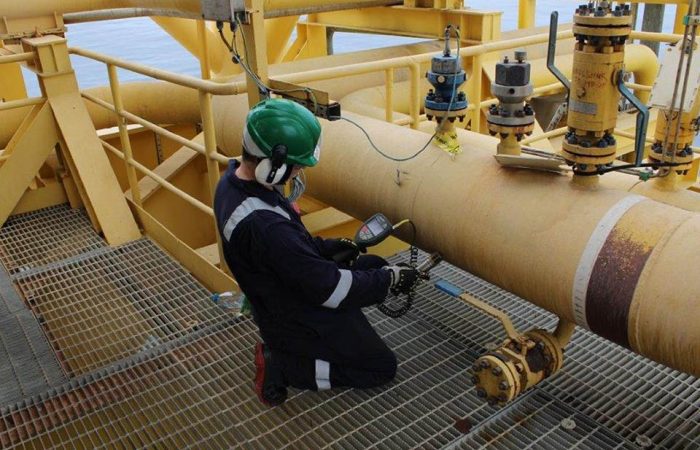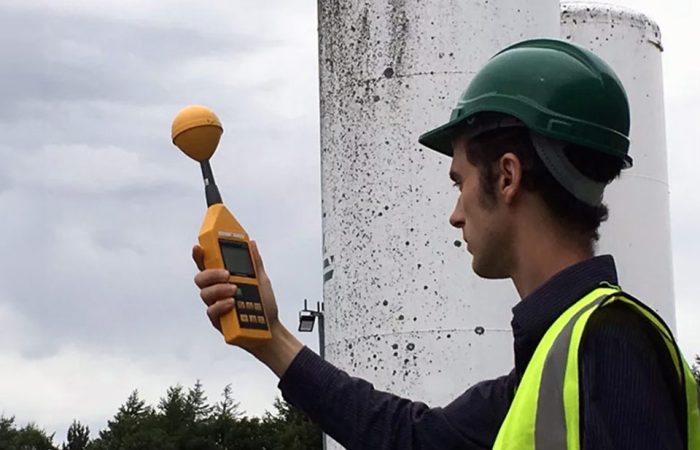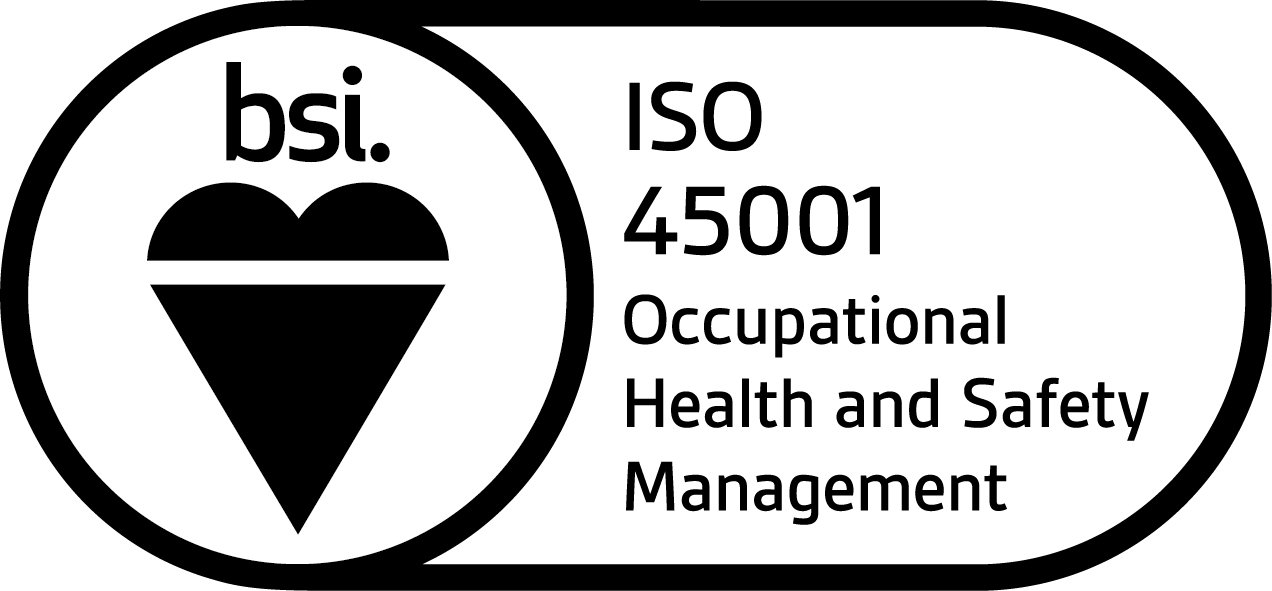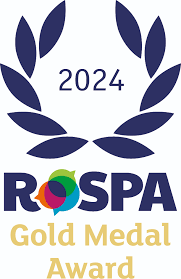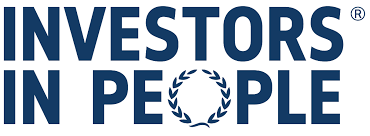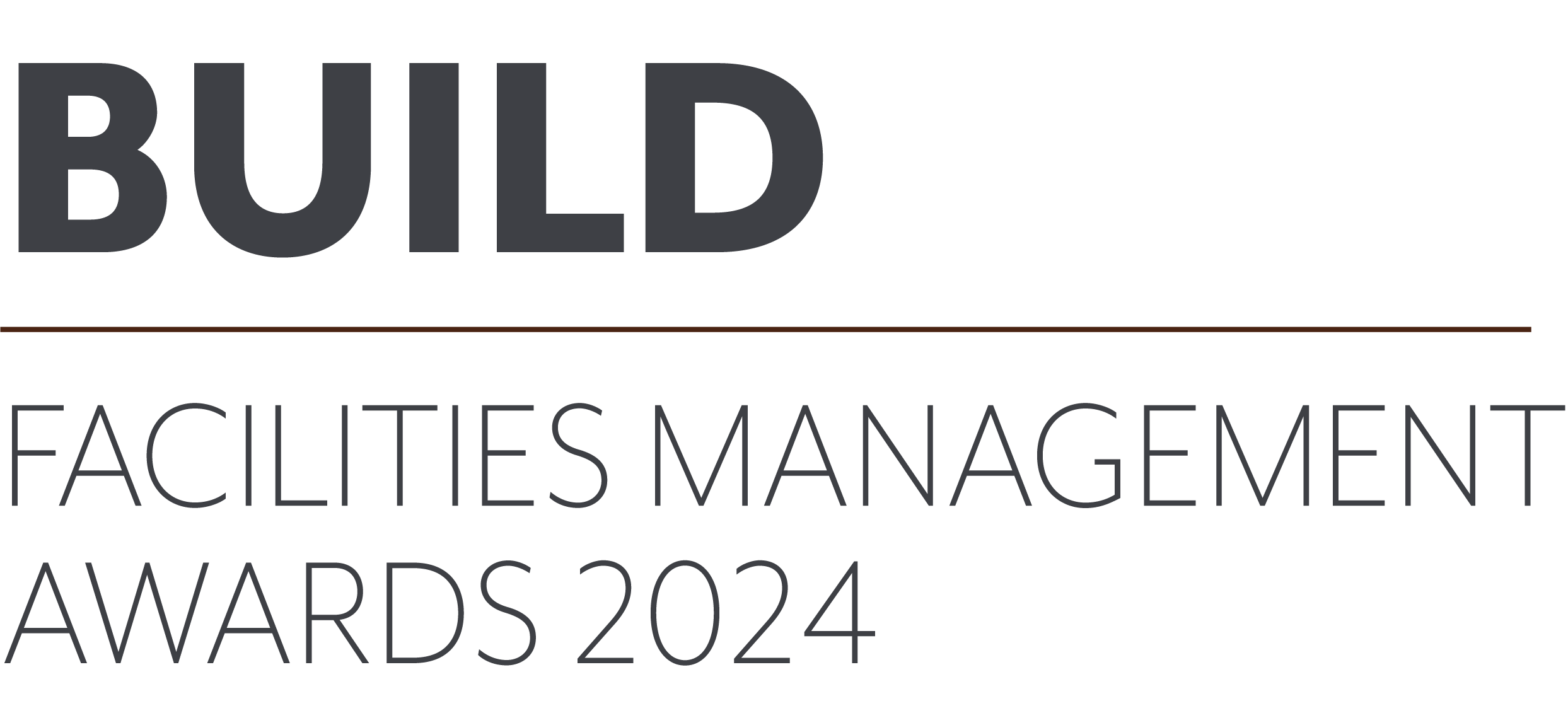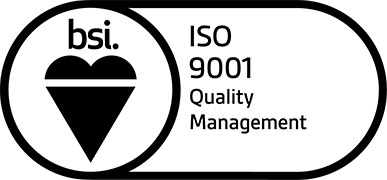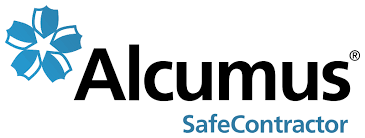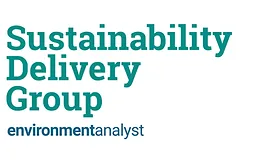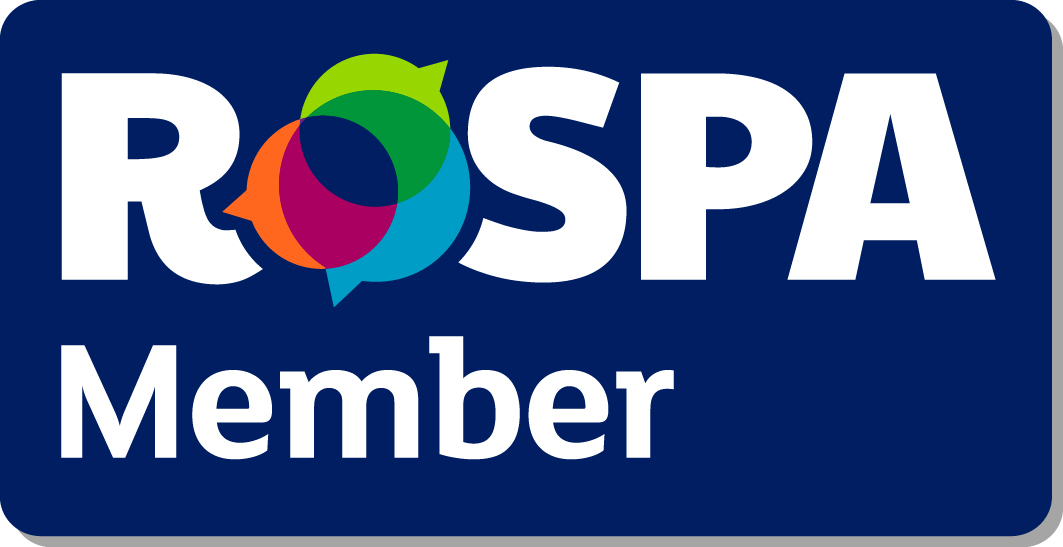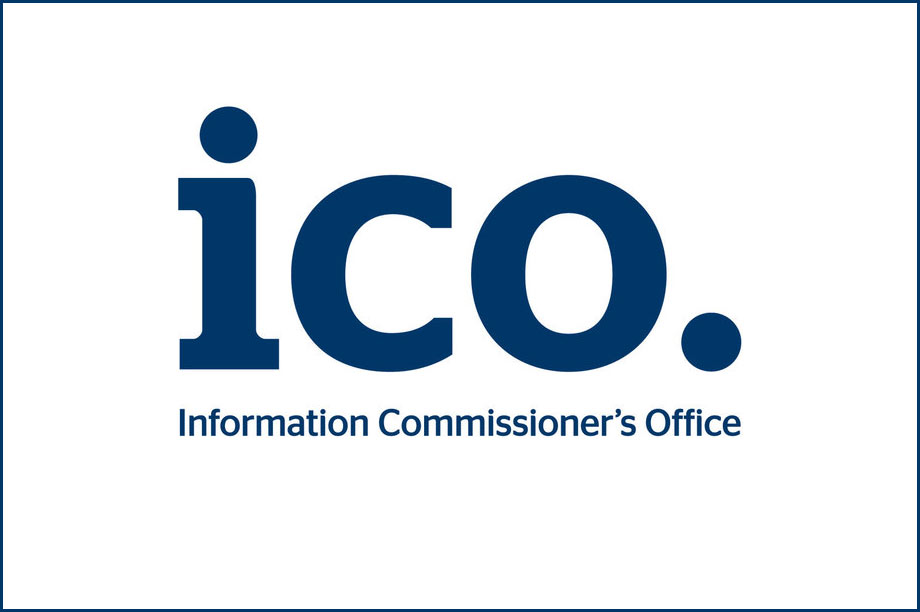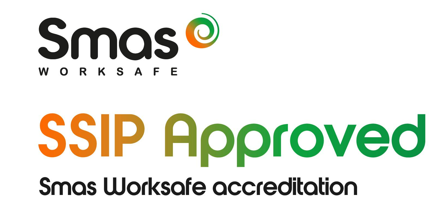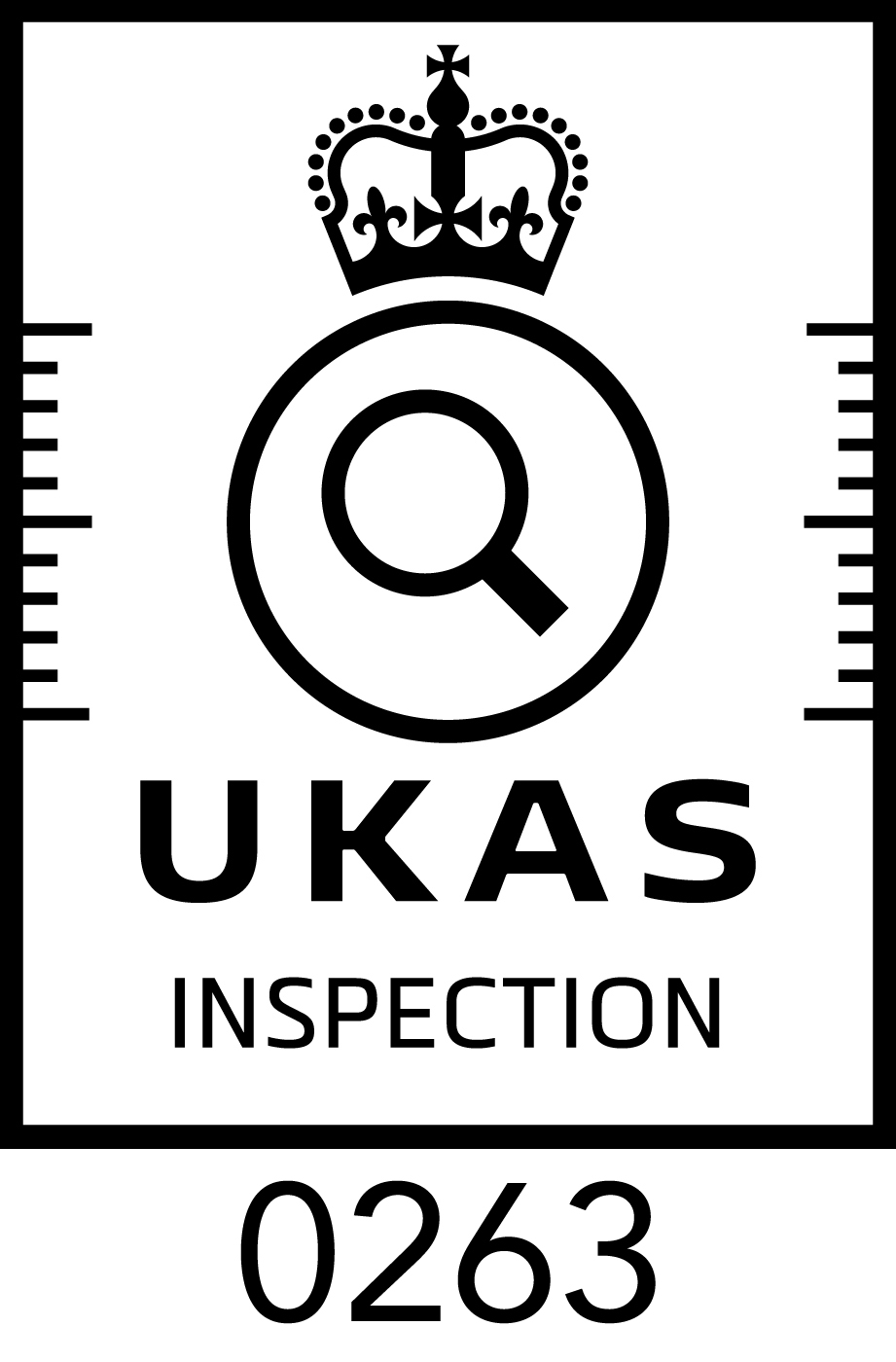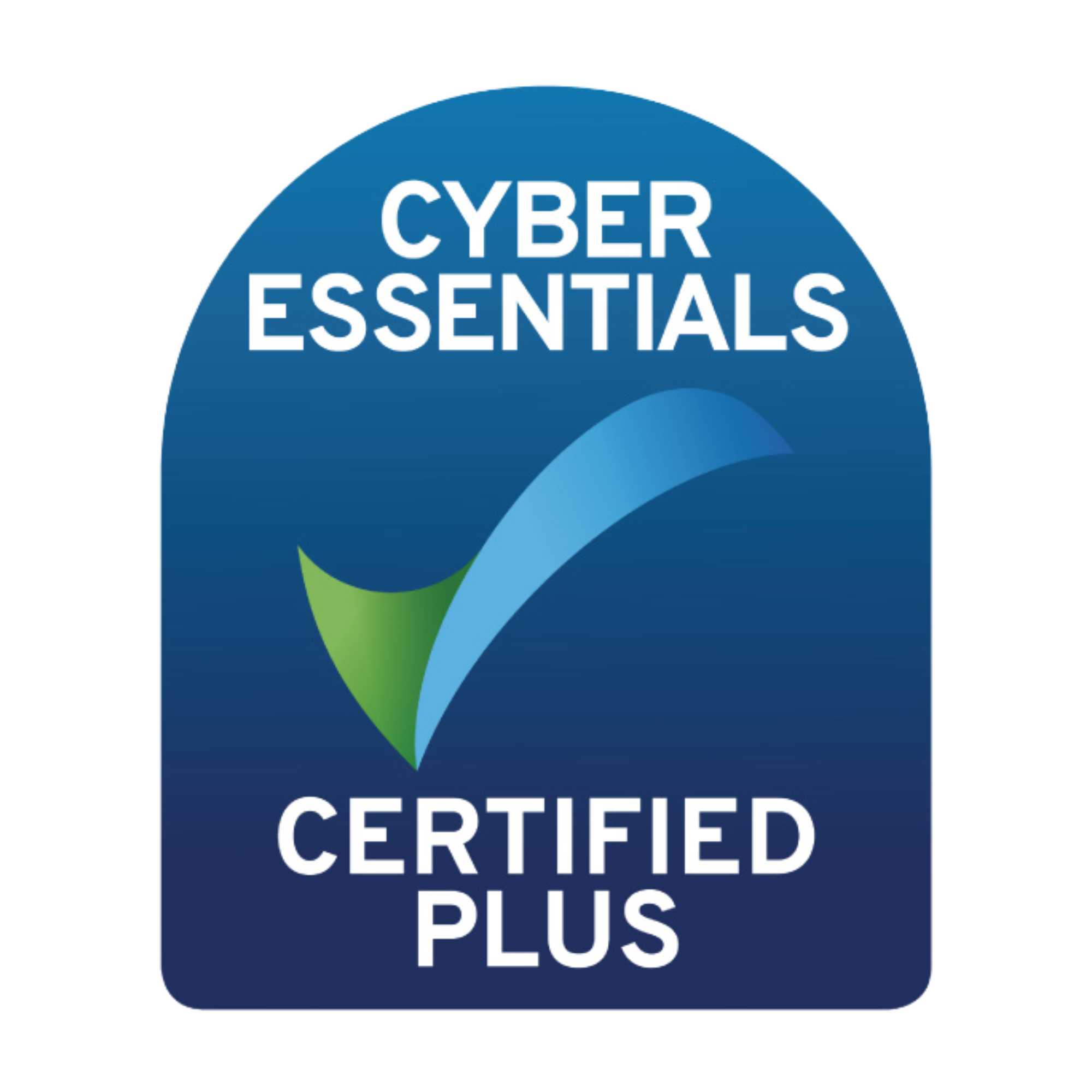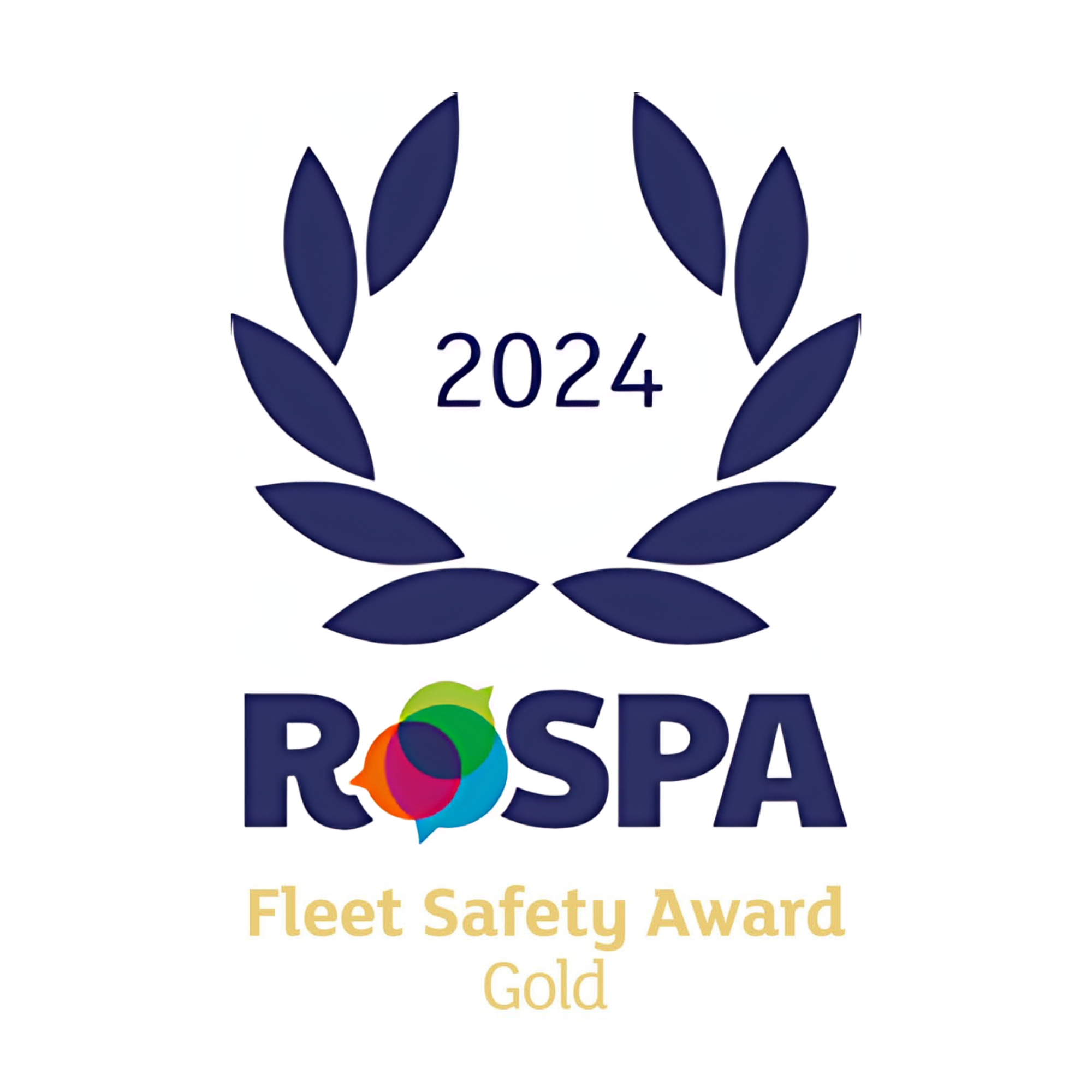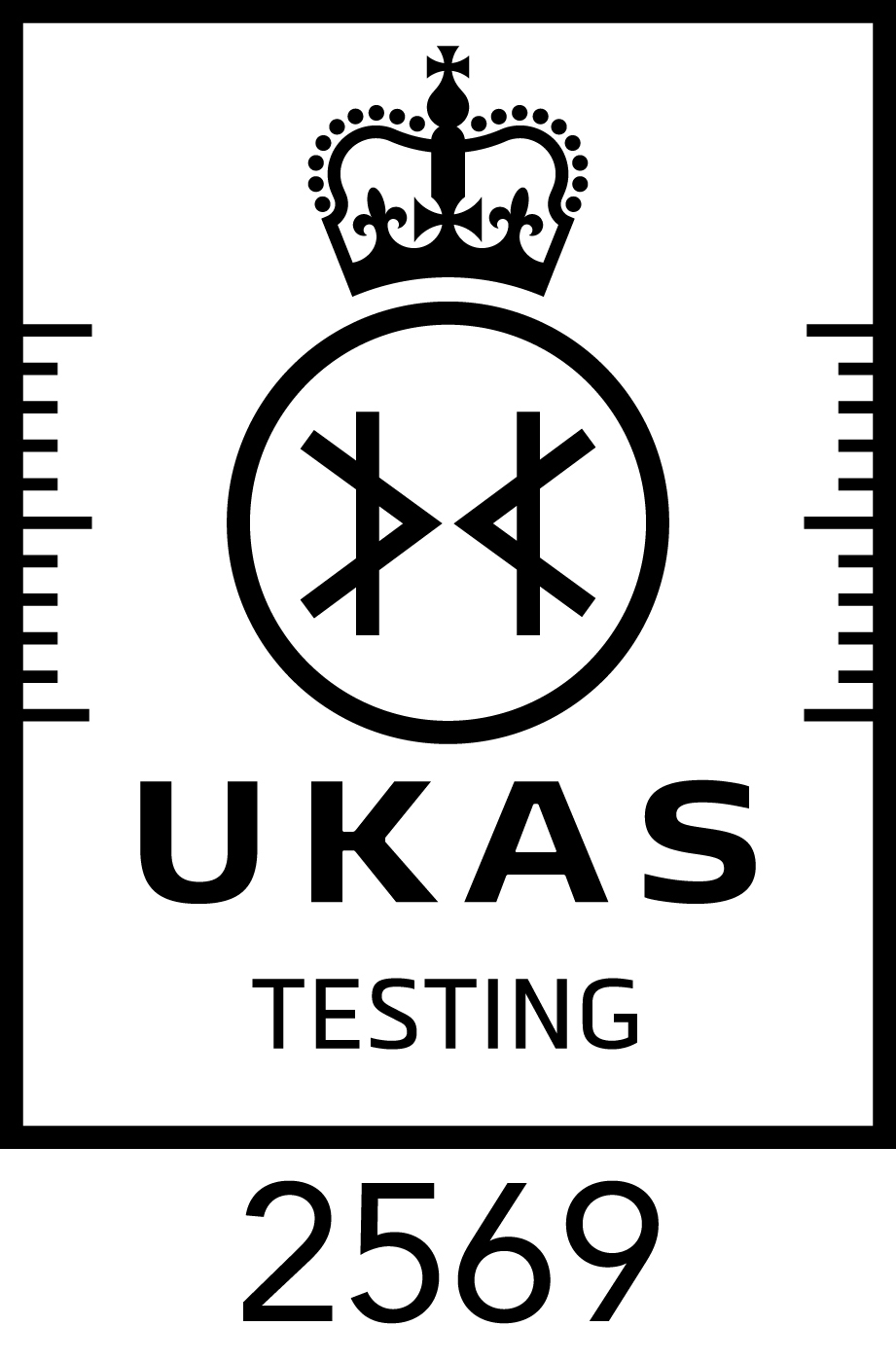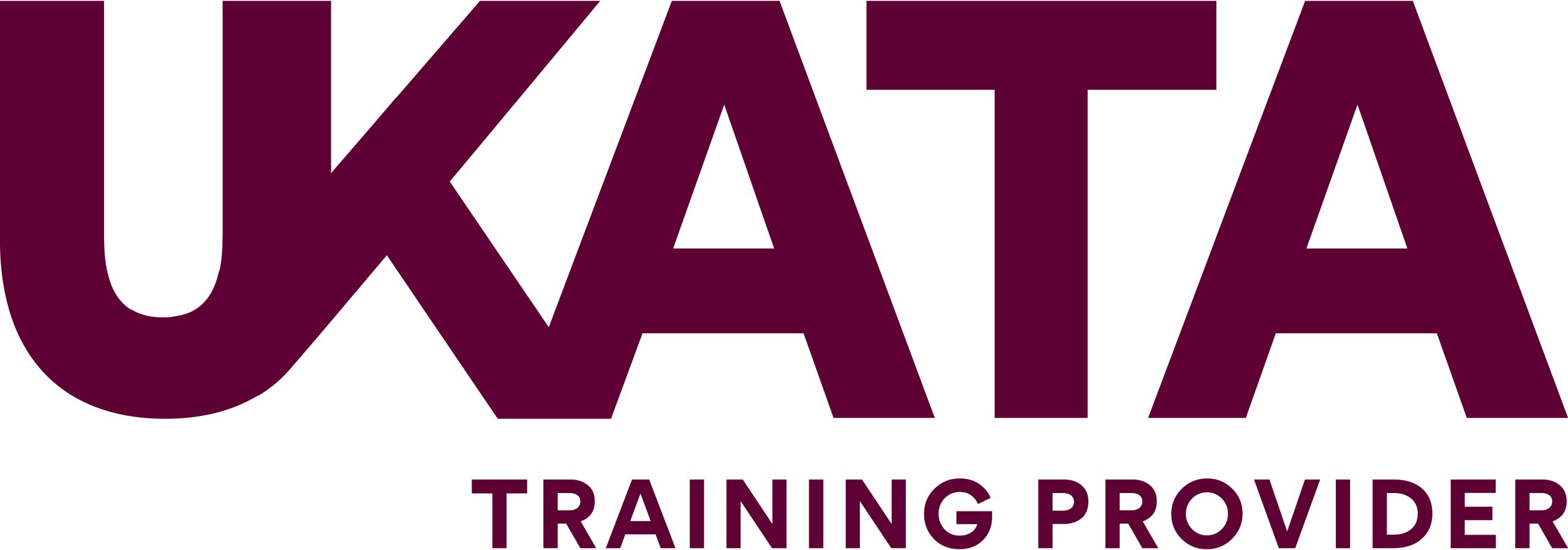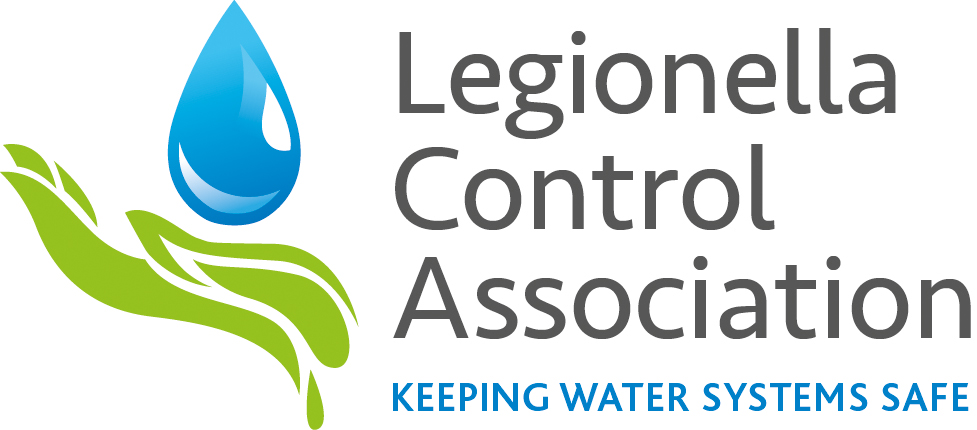Understand and address radon risks in your property with Lucion’s comprehensive radon risk assessment services, tailored to your specific needs and regulatory requirements.
Radon, a naturally occurring radioactive gas, can accumulate in buildings and pose a significant risk to human health through long-term exposure. Employers, property managers, and landlords have a legal responsibility to assess and manage radon risks in their properties, as outlined in the Management of Health and Safety at Work Regulations 1999 and the Ionising Radiations Regulations 2017 (IRR17).
Lucion’s radon risk assessment services provide a thorough evaluation of radon exposure in your property, identifying potential sources, entry points, and risk factors. Our experienced team of radiation protection specialists conducts site-specific assessments, taking into account factors such as the building’s location, construction, and occupancy patterns, in accordance with the Health and Safety Executive’s (HSE) guidance.
Our radon risk assessment services include:
- Detailed site inspections and data collection to identify radon hazards and exposure pathways
- Analysis of radon test results and monitoring data to assess exposure levels and trends
- Evaluation of compliance with workplace radon action levels specified in IRR17
- Comprehensive reporting with risk characterisation, regulatory compliance assessment, and recommendations for mitigation and management strategies
- Guidance on best practices for radon risk communication and employee engagement
By partnering with our specialist Radon Team for your radon risk assessment needs, you can have confidence that your property’s radon risks are being thoroughly evaluated by qualified professionals who understand the complexities of radon exposure and the importance of effective risk management. Our assessments provide the foundation for informed decision-making and proactive risk reduction, helping you meet your legal obligations under the Health and Safety at Work Act 1974 and protect the well-being of your building occupants.
Don’t let radon risks go unaddressed in your property. Trust Lucion’s radon risk assessment services to deliver the expert insights and actionable recommendations you need to manage this invisible hazard and ensure a safe environment for all.



